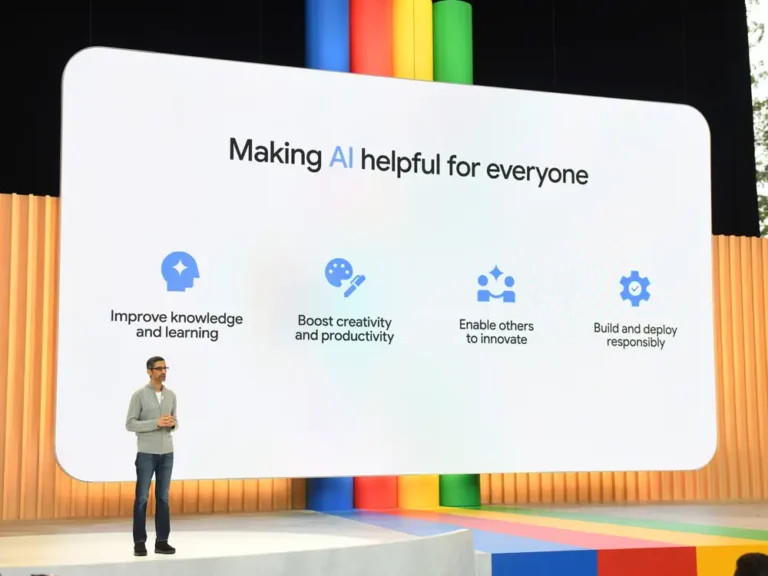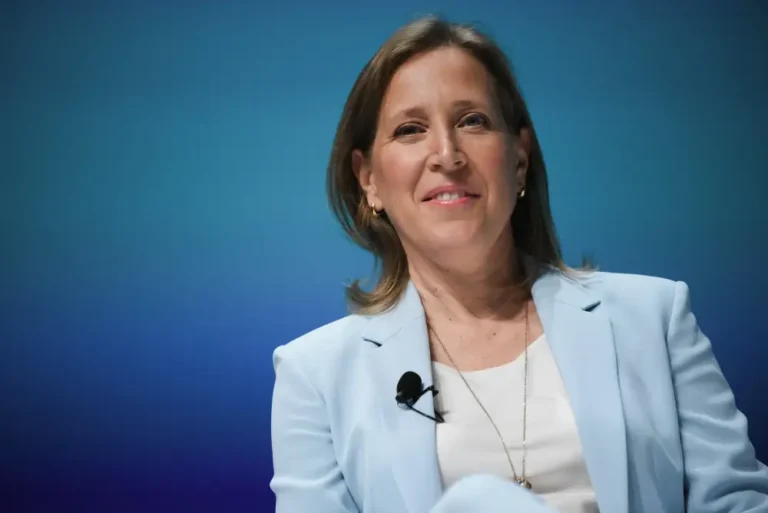AI chip startup Graphcore was meant to be a hot Nvidia rival. Industry insiders now think it’s up for sale.

- British investors are pessimistic about the prospects of Graphcore, once billed as a rival to Nvidia.
- The firm, which makes AI chips, reported surging losses, layoffs, and office closures.
- Industry sources are speculating the firm will be sold or raise funds in a deal resembling a sale.
Not every AI startup is popular right now.
While European and US tech investors are pouring money into startups that resemble the next Nvidia or ChatGPT, they are less optimistic about one major player: Graphcore, a British AI chip company.
Graphcore was one of Europe’s hottest startups a few years ago. The startup positioned itself as the go-to provider of chips designed specifically for AI applications, earning it a valuation of nearly $3 billion.
However, five venture capitalists and other industry sources who spoke with Insider believe the company will either sell itself or raise new funds in a deal that bears the hallmarks of a sale – and not at anything close to its peak valuation.
The reason: Graphcore released preliminary financial results for 2022, requires additional funding to stay afloat, and two major investors in the startup have significantly written down the value of their stakes, reducing the startup’s chances of future investment.
Because the UK tech industry is small, Insider granted these individuals anonymity in order to protect their professional relationships. It’s possible that the buzz will not result in a sale or funding for Graphcore.
When approached by Insider, Graphcore declined to comment. Arm, a British chip designer, and Softbank, a Japanese technology investor, both declined to comment.
“Graphcore is definitely in the sale process,” said one venture capitalist, adding that the company “failed to achieve its goals.”
“Sequoia zeroed them rather publicly, and that screwed them and made it impossible to raise another round, hence the sale,” they added.
Last year, Sequoia Capital reduced its stake in the company. Baillie Gifford, another backer, reduced the value of its investment from $11.9 million in July 2022 to $2.8 million in July 2023.
“If so, that’s a relief for the staff but I’m assuming it’s not a great price and thus not so good for early investors down the liquidity preference stack,” said a second founder familiar with Graphcore.
According to two investors, going public would be difficult for Graphcore.
One founder in the same industry as the AI chip company speculated that Arm could be a strong contender to acquire Graphcore.
“They would have fewer regulatory hurdles, and the non-existent sales would not be an issue as their business model is primarily IP licensing,” according to the executives. “Plus they [Arm] are in a post-IPO honeymoon, and their story around GPUs is weak.”
Another sign is Nigel Toon’s ongoing publicity campaign.
In an interview with Insider in September, Toon pitched Graphcore as a viable competitor to Nvidia, which, according to Omdia, controls roughly 70% of the AI chip market.
“We’re at that point where the technology’s working, the technology’s maturing, and we’ll be able to start broadening the customers quite rapidly through next year,” Toon went on to say.
Toon spoke at a Bloomberg conference earlier this month, warning about European technology falling behind American rivals. In March, he also warned UK Prime Minister Rishi Sunak about China. The publicity tour is difficult not to interpret as a pitch for investors or buyers.
The company has seen a decline in buyer demand for secondary shares.
Buyers, according to Hiive, are “looking to purchase shares at deep discounts of 80% and more.”






